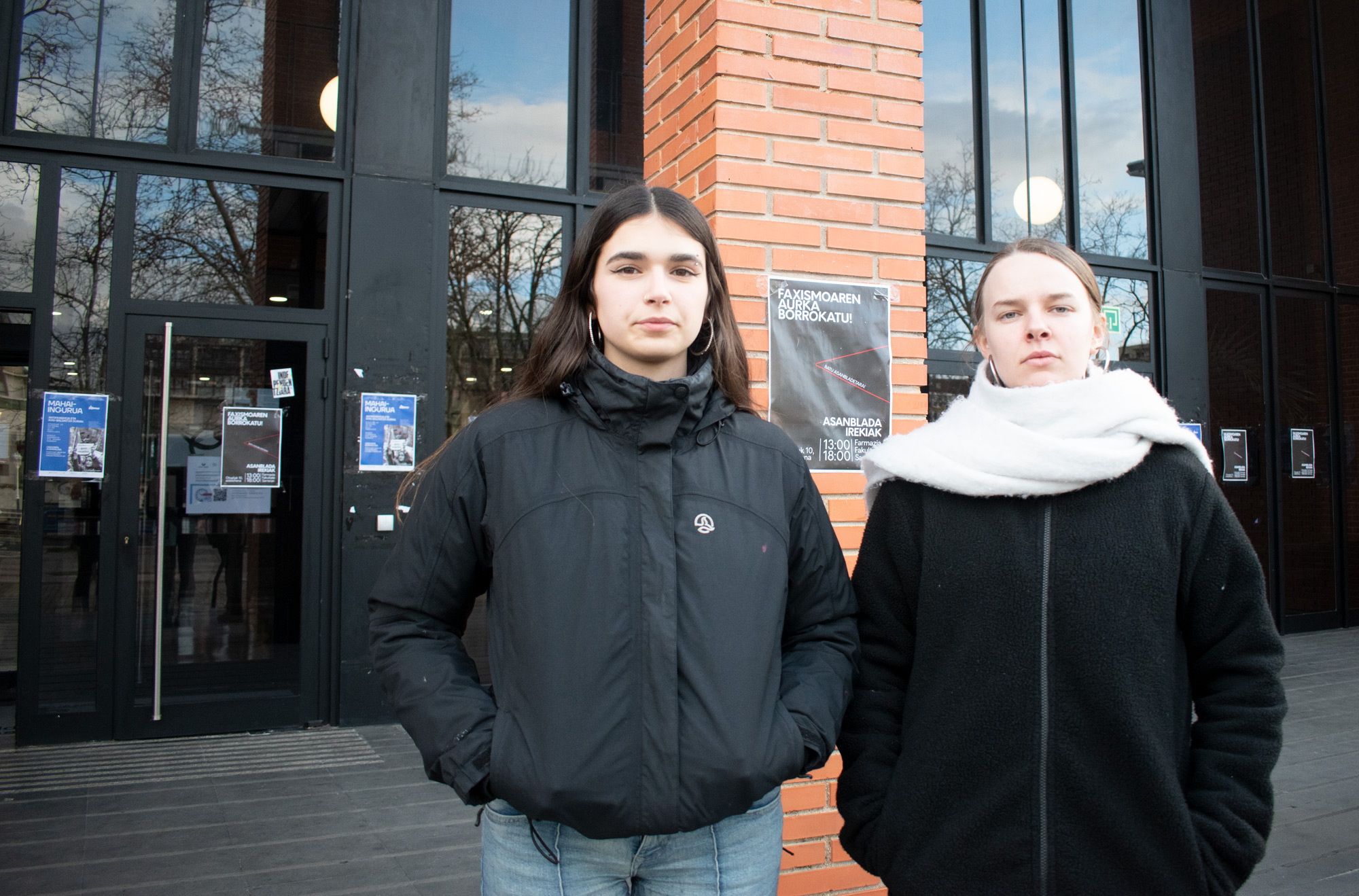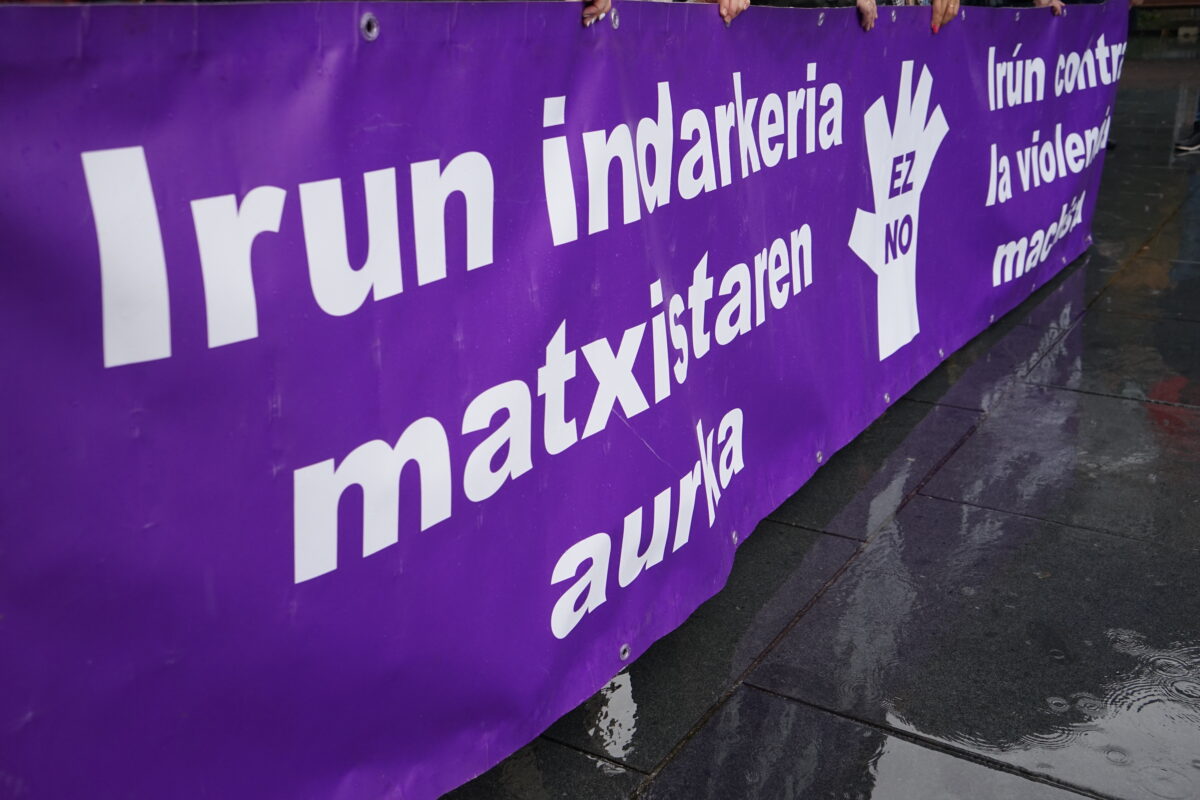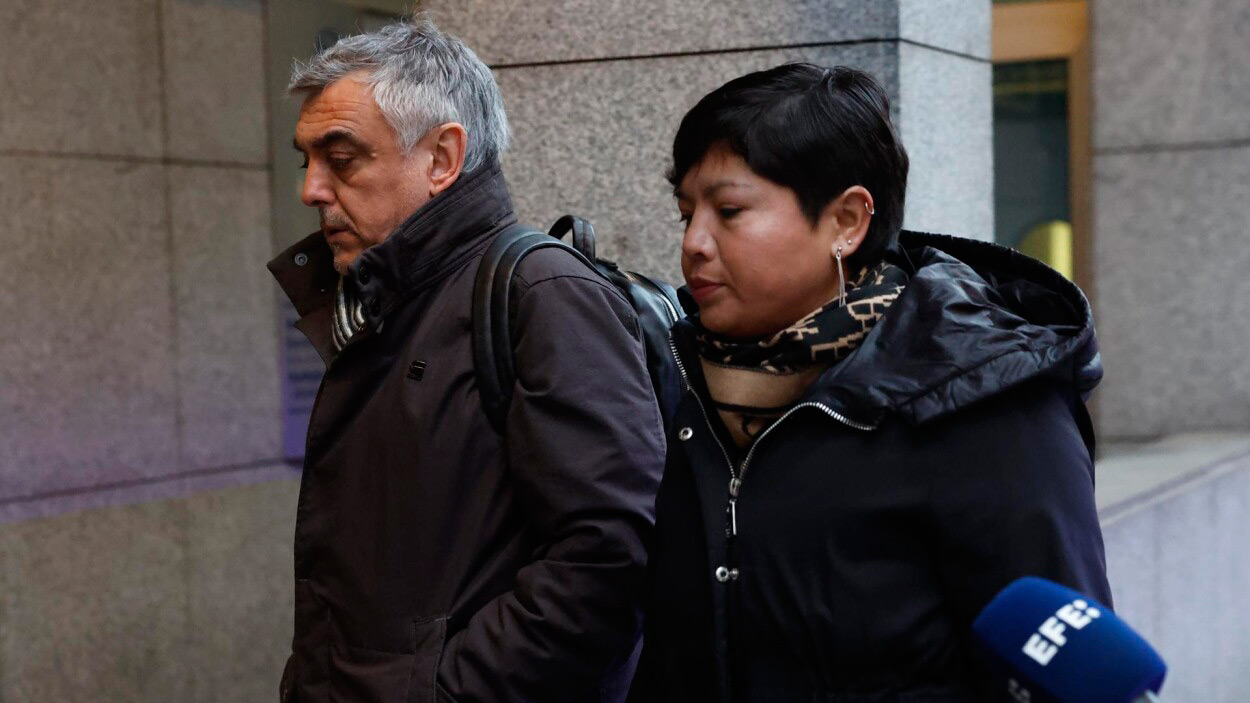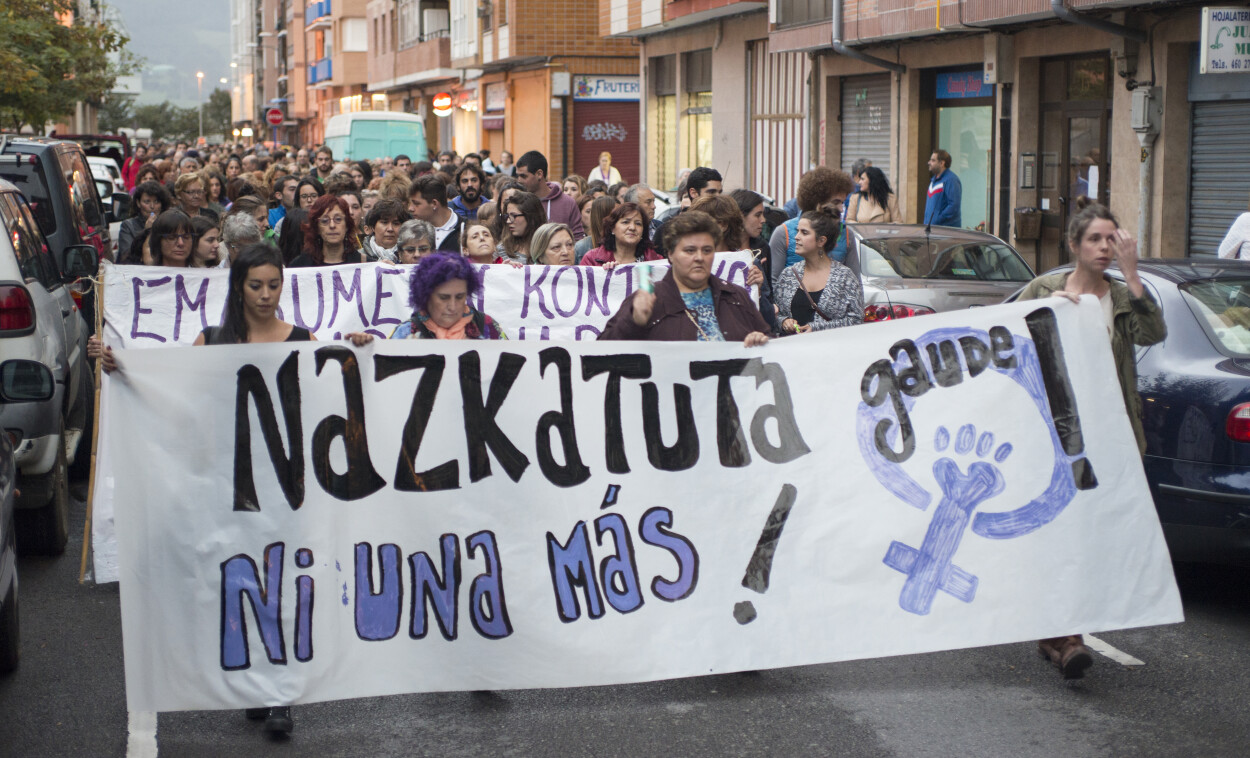Mrs Sebastiana
Doña Sebastián, 63, lives in a town in Chichicastenango, Guatemala, where she has been living for years. She doesn't learn how to read or write, but she does many jobs: doctor, psychologist, lawyer... Its main mission and vocation is the defense of women. He has had a hard life, according to him, which has had to suffer a great deal in order to understand the current situation of women living in violence and thus be able to provide adequate assistance.
At the age of twelve, his mother forced him to marry a boy. That guy also felt compelled, and his anger led him to beat and humiliate Sebastiana. He banned him from seeing his mother for ten years. Sebastian gave birth twelve times, but six young children died. The day after giving birth, her husband flushed her with any pretext. Doña Sebastián believes that babies drank the pain and indignation of their mother when breastfeeding and died for it. Then her husband beat her even more, believing that it served no purpose, not even to ensure the survival of her children.
Being part of women's groups changed her life. There she learned that women have rights, that they deserve respect. Activism encouraged her to face her husband and help the other women. He's currently the leader of his community. He weaves and does artisanal work to survive, but thanks to the help of his daughters, he gets a time to be with the women. She listens to stories from women, she gives them emotional support and counseling. When the woman has been beaten, Doña Sebastián uses a plant that smells of rude or force to calm fear and anger.
Sometimes he does mediation work with his husbands. If man does not understand that ill-treatment is unacceptable, the next step is to go to court and accuse the aggressor. Women do not have money to pay a lawyer, so it is Mrs Sebastiana who is asking for free defence in the Court of Human Rights.
In Chichicastenango many love Doña Sebastiana, but her work also awakens hatreds. He has long lost his fear and denounces all the injustices and also the corruption of politicians. That is why the people’s powerful neighbours threaten to lynch Sebastiana.
It is easy to hear the stories of Doña Sebastián or other leaders of Guatemala and feel merciful. But they don't appear as victims, but as survivors who have survived. That's the concept that American feminists prefer. However, neither that nor the concept of leadership is used among us.
Among us is the victimization of women suffering from male violence and the judicial complaint seems to be the only solution. Many steps have been taken at institutional level, but very few at Community level. Victims (the name we use) are simple users of social services, therapy teams or legal services. Various Guatemalan organizations provide training for women with a prominent role in the communities, to become leaders in their neighborhoods and to be able to identify and channel situations of abuse or discrimination. This work is also therapeutic for them: they feel strong and valuable.
As I said, it's easy. Think "Poor!" But instead of feeling mercy, the Basques have something to learn from their experiences and, by the way, to reverse a little the relationship of power that has generated colonialism.
We learned this week that the Court of Getxo has closed the case of 4-year-old children from the Europa School. This leads us to ask: are the judicial, police, etc. authorities prepared to respond to the children’s requests? Are our children really protected when they are... [+]
Bi erizainetatik batek lanean eraso sexistak jasaten dituela azalerazi du Erizainen Ordenak joan den urte bukaeran egin ikerketak. 21.000 erizainek ihardetsi dute, sektore pribatu, publiko eta liberaletik. Hauetan 2.500 gizonak dira.
Today, the voices of women and children remain within a culture that delegitimizes their voices, silencing their experiences, within a system aimed at minimizing or ignoring their basic rights and needs. A media example of this problem is the case of Juana Rivas, but her story... [+]












_2.jpg)







.jpg)

